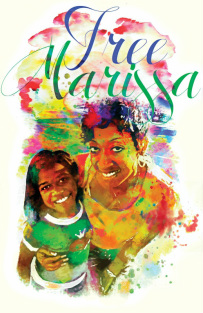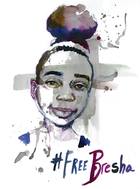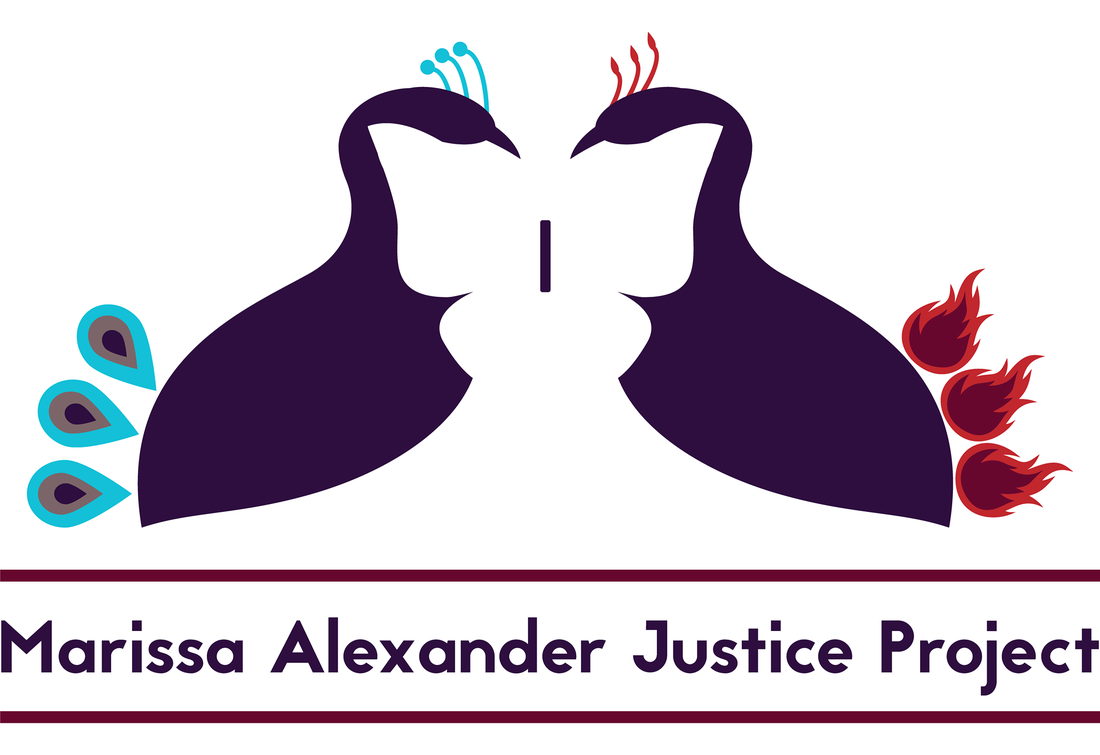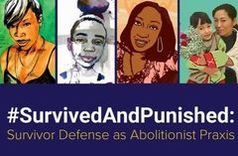 Art by Jawaan Burge (2014)
Art by Jawaan Burge (2014)
REPRODUCTIVE JUSTICE & MARISSA ALEXANDER
Freeing Marissa Alexander is a project that cuts across racial justice and feminist issues, including ending domestic violence and other forms of gendered violence, ending mass incarceration and mandatory minimums, recognizing how racism impacts the application of Stand Your Ground laws, challenging the criminalization and blaming of black women survivors of violence, and passionately supporting the value of black women’s lives and the lives of all survivors of violence.
Freeing Marissa Alexander is also a reproductive justice issue. Below is a list of facts about her experiences, with some statistics to provide more context.
Freeing Marissa Alexander is a project that cuts across racial justice and feminist issues, including ending domestic violence and other forms of gendered violence, ending mass incarceration and mandatory minimums, recognizing how racism impacts the application of Stand Your Ground laws, challenging the criminalization and blaming of black women survivors of violence, and passionately supporting the value of black women’s lives and the lives of all survivors of violence.
Freeing Marissa Alexander is also a reproductive justice issue. Below is a list of facts about her experiences, with some statistics to provide more context.
- Marissa Alexander is a mother of three children. Her youngest child’s father is Marissa's estranged husband, Rico Gray. While she was pregnant with their daughter, Marissa's husband beat her repeatedly, including head-butting her and giving her a black eye.
Each year, 324,000 pregnant women are physically or sexually assaulted by an intimate partner. - Marissa Alexander was temporarily staying at her mother’s house while she was pregnant in order to protect herself from her husband’s abuse.
Pregnancy can be an especially dangerous time for women in abusive relationships, and abuse can often begin or escalate during the pregnancy. - Marissa Alexander went into labor prematurely, likely as a result of the violence she experienced. The newborn was cared for in the neonatal intensive care unit.
Pregnancy complications, including low weight gain, anemia, infections, and first and second trimester bleeding, are significantly higher for victims of domestic violence. - Nine days after she gave birth, Marissa's husband attacked her again, including strangling her and threatening to have her murdered. This was the event that led her to defend her life by firing a warning shot upwards into the wall.
Domestic violence accounts for a large portion of maternal mortality. Homicide is the second leading cause of injury related deaths in pregnant and post-partum women in the United States. - When Marissa Alexander was arrested, incarcerated, and sentenced to 20 years in prison, she was forcibly separated from all of her children, including her premature baby who was still breastfeeding.
70% of people in women’s prisons are mothers. 1.3 million children have mothers who are in jail, prison, or on probation. Not only are the majority of people in women’s prisons mothers when they enter prison, but many of these people are also the primary caretakers of their children at home. - Marissa Alexander was forcibly removed from her children’s lives through a combination of being victimized by her husband’s emotional and physical violence and being punished by the judicial system for defending her life from that violence. As a result of this collusion, her abusive husband was granted custody of their baby daughter. He has had custody of their daughter for three years while Marissa has been incarcerated, and continues to have custody while she fights a 20 year prison sentence for defending her life.


